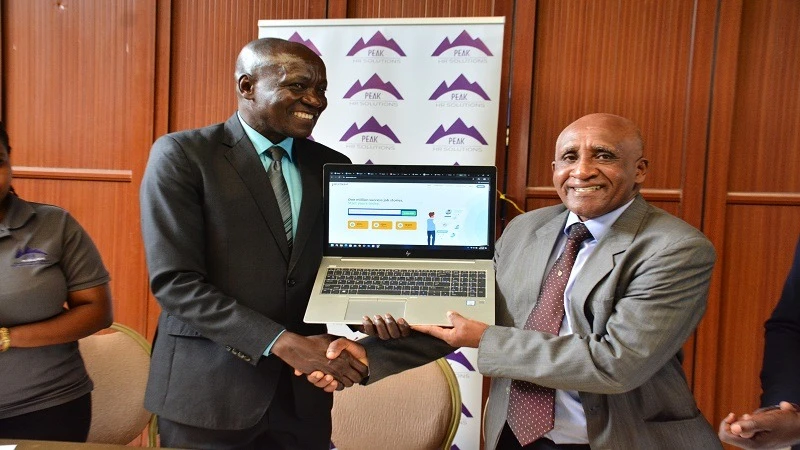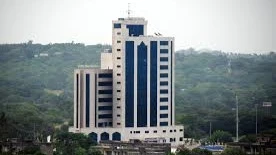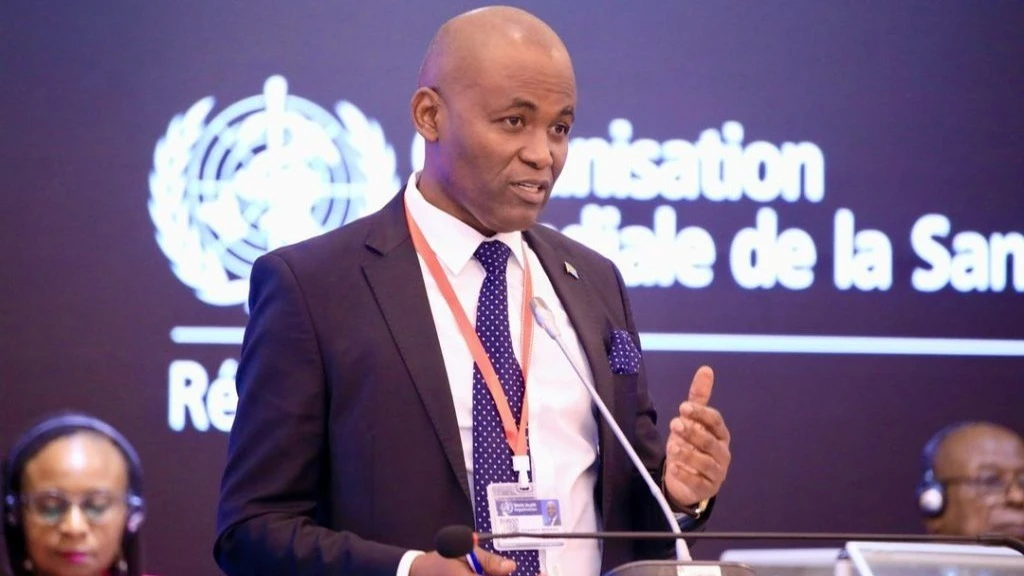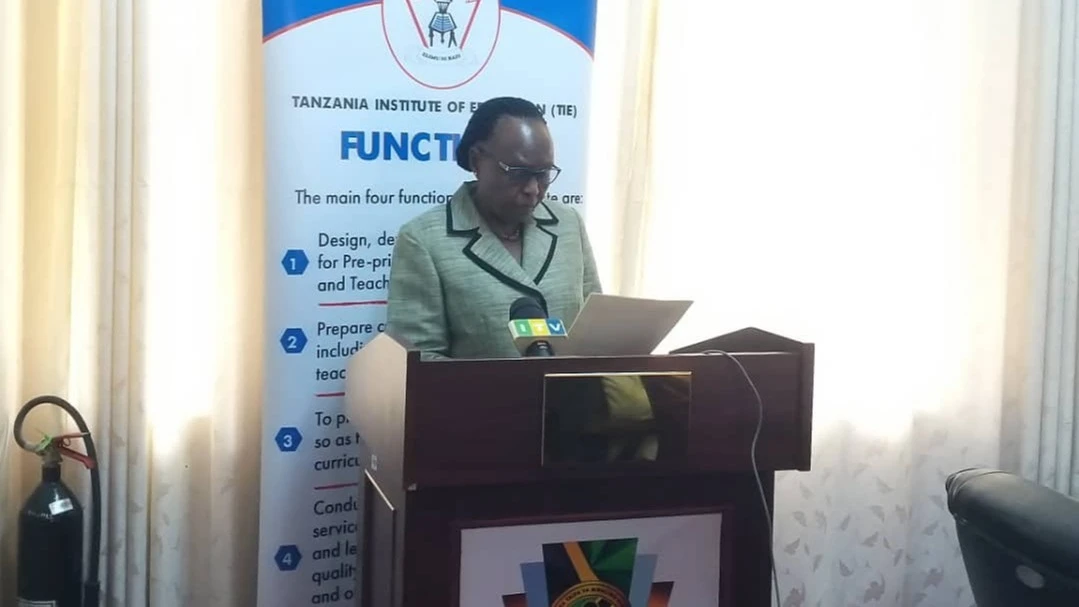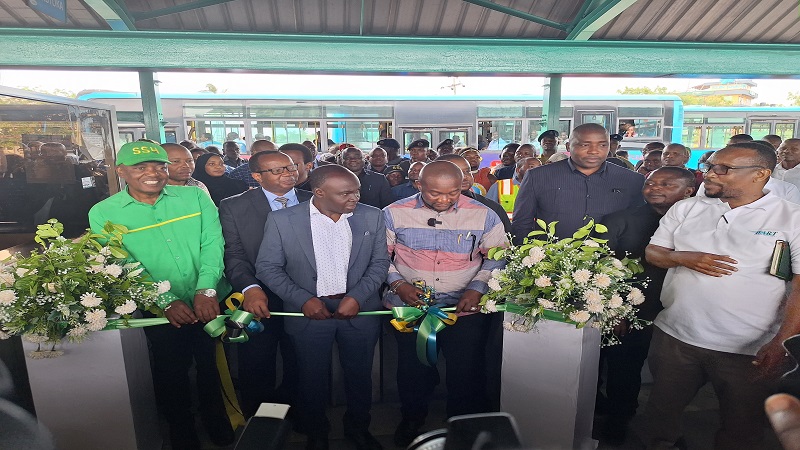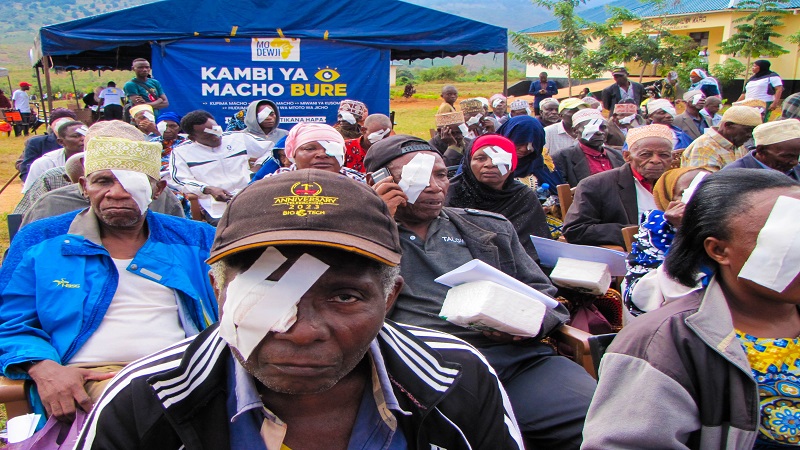TCRA in drive to scale up STEM in education
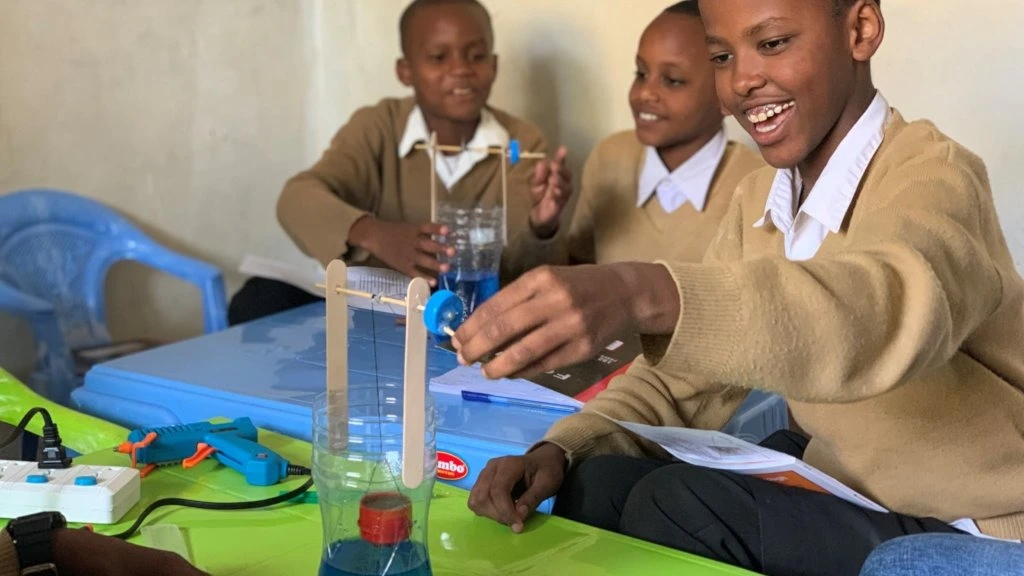
THE Tanzania Communications Regulatory Authority (TCRA) interprets national priorities in the information and communications technologies (ICTs) sector through targeted national programmes.
Two initiatives – promoting Digital clubs and facilitating innovations in the communications sector demonstrate how the Authority contributes towards realizing objectives in the Tanzania Digital Economy Strategic Framework (2024-2034), Development Vision 2025 (TDV) and the Third Five Year Development Plan (FYDPIII).
TCRA promotes the establishment of digital clubs from nursery school to university, as part of a strategy of addressing gaps in delivering education that would transform Tanzania into a digital nation. The Authority allocates free communications resources of Frequency Spectrum Resources, Numbering, and Dot TZ Domain Name to innovators for three months to test projects seeking to introduce new services and products. TCRA collaborates with the Commission for Science and Technology (COSTECH) in this endeavour.
The Digital Economy Strategic Framework (2024-2034) urges stakeholders to promote digital literacy and skills as key enablers of a digital economy. Efforts should aim to promote and facilitate the acquisition of digital knowledge and skills at all levels.
The framework reiterates the need to raise awareness of Science Technology Engineering and Mathematics (STEM) from lower education levels.
“It is essential to integrate digital literacy and critical thinking skills into the standard educational curriculum from lower educational levels, covering digital content like coding, data analysis, digital citizenship, and Media literacy,” the framework proposes.
FYDPIII and TDV 2025 underline the potential of ICTs and the need to harness them at all levels to build a competitive digital economy in Tanzania.
FYDP III drives Tanzania towards a competitive economy that mainstreams ICTs at all levels of manufacturing, service provision, and governance.
The vision focuses on building digital citizens from the formative stages. Tanzania’s education system must instill a science and technology culture from a shallow level. Importance should be given to basic science and mathematics to cope with the demands of modern technology, it states.
Subjects that promote Science, Technology, Engineering, and Mathematics (STEM), are crucial building blocks of a digital economy.
STEM benefits nations and individual students. Besides facilitating a digital economy, these subjects equip students with knowledge and skills to build careers in the ever-changing ICT environment where technological advances will eliminate 50 percent of existing jobs within a few years.
Education experts estimate that only 25 percent of students in most African countries pursue STEM-related career fields in higher education.
Barriers include inadequate facilities, fewer teachers, and misconceptions about the subjects, particularly mathematics, being difficult. Most schools lack facilities for practical use, including equipped laboratories.
In an article on the challenges of Science education in Tanzania, Ladislaus Semali and Khaujan Mehta observe that teachers displayed shallow knowledge of science and were incompetent to teach practical.
Girls were discouraged from studying science, which was deemed a ‘hard’ subject.
They argue that although Tanzania implemented several science education projects between 1965 and 2007, the country has not fully improved the delivery of STEM subjects.
This is partly due to classroom overcrowding, lack of textbooks, and irrelevant curricula, they add.
Education experts recommend strengthening STEM trainers and motivating institutions to promote programmes based on these subjects.
The TCRA-coordinated digital clubs and innovation programmes are part of the solutions. These Digital clubs will alleviate problems in delivering STEM from lower education levels.
Dr Jabiri Bakari, TCRA director general explains that a robust STEM foundation is essential for a prosperous, inclusive digital economy in Tanzania. It enables Tanzania to have a Tanzania driven by a digital economy where everyone participates.
He said that TCRA implements a programme to cultivate digital skills, including the establishment and coordination of digital clubs in schools and universities.
According to him, the clubs promote digital skills and encourage the adoption of digital technology across various sectors. They empower students to grasp digital technologies and their practical applications and the clubs build confidence in adopting a digital culture.
The digital clubs will enable youths to engage in ICT and communications issues, activities may include debates and competitions on various themes.
TCRA has published a guidebook on digital clubs. It is also developing a dedicated window in the Authority’s website for the clubs.
The handbook seeks to harmonize the approach of establishing and handling these digital clubs. TCRA will use the portal to register the clubs and keep records of all their activities.
The main objective is to reach out to cover more stakeholders and ensure the continuity of the awareness programmes.
The portal will have sections for the different club levels. The Kindergarten window will have a high visual appeal and be easy to navigate. The content for primary schools will balance fun and educational content. There will be educational games, Interactive quizzes with prizes, inspiring stories, and basic math, and science.
In-depth knowledge and motivation, educational articles, tutorials, inspirational videos, and career guidance will dominate the secondary schools section. It will also have more structured content, access to learning resources, and interactive forums.
University and College students will be offered advanced knowledge and career development, academic resources including detailed STEM instructions, research materials, and career guidance.
The portal has a special offer for other stakeholders in the digital club chain. These include Teachers, other staff, and club mentors. There will be Professional development courses, school funding opportunities, and teaching resources. They will also get access to the respective educators' databases, newsletter updates, and networking tools.
Parents and guardians are always encouraged to be online and to monitor issues accessed by their children. Their section will learn about their children's education, articles on child development, educational trends as well as tips for supporting learning at home.
TCRA carries out country-wide education and awareness campaigns on digital clubs, innovations, and digital solutions. This contributes to the success of one of TDV 2025 strategies for public education.
The vision states: “Science and technology education and awareness of its applications for promoting and enhancing productivity should permeate the whole society through continuous learning and publicity campaigns.”
Top Headlines
© 2024 IPPMEDIA.COM. ALL RIGHTS RESERVED












